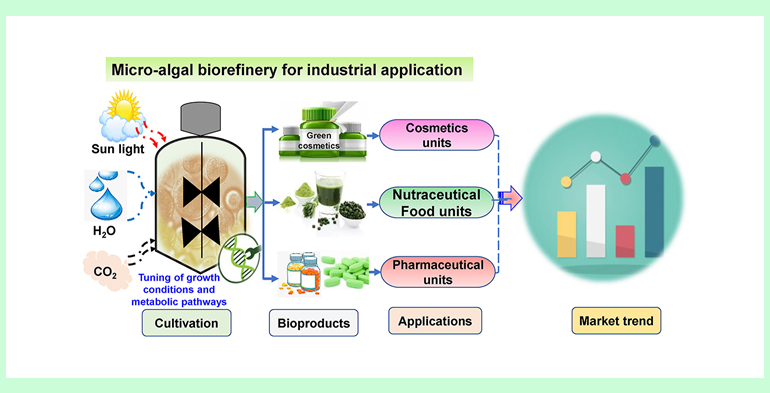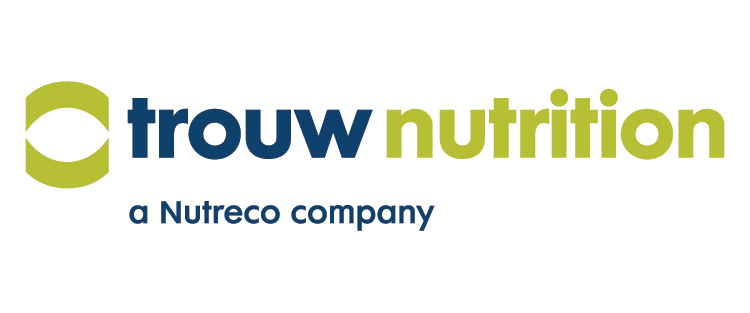
Dr. Md. Monirul Islam: Microalgae have gained significant attention in recent years for their potential to revolutionize various industries, including agriculture. These microscopic photosynthetic organisms offer a range of benefits that can enhance agricultural production and sustainability. Here are some ways in which microalgae can be beneficial for agricultural production:
01. Biological Nutrient Cycling: Microalgae can efficiently capture and utilize nutrients like nitrogen and phosphorus from wastewater or agricultural runoff. They can help reduce nutrient pollution in water bodies while producing nutrient-rich biomass that can be used as a natural fertilizer.
02. Biofertilizers: Microalgae-based biofertilizers can enhance soil fertility and improve nutrient uptake by plants. The biomass of certain microalgae species is rich in essential nutrients, organic matter, and growth-promoting substances. When applied to soil, these biofertilizers can enhance plant growth and yield.
03. Soil Health Improvement: Microalgae contribute to soil health by increasing its organic matter content, promoting soil aggregation, and improving water retention. This leads to better soil structure, which in turn supports root development and nutrient availability for plants.
04. Biological Pest Control: Some microalgae produce natural compounds that have insecticidal or pesticidal properties. These compounds can be harnessed for biological pest control in agriculture, reducing the need for synthetic chemical pesticides and their negative environmental impacts.
05. Plant Growth Promotion: Microalgae-derived substances like phytohormones, vitamins, and amino acids can stimulate plant growth, improve stress tolerance, and enhance overall plant health. These benefits can translate into increased crop yields and better-quality produce.
06. Aquaculture and Fish Farming: Microalgae are a primary food source in aquaculture, serving as the foundation of the aquatic food chain. Cultivating microalgae can provide a sustainable and cost-effective way to produce feed for fish and shellfish, reducing the pressure on wild fish populations.
07. Carbon Sequestration: Microalgae are highly efficient at capturing carbon dioxide (CO2) from the atmosphere during photosynthesis. Integrating microalgae cultivation into agricultural systems can help sequester carbon and mitigate greenhouse gas emissions.
08. Waste Utilization: Microalgae can be cultivated using various types of organic waste, including agricultural runoff, food waste, and livestock manure. By converting waste materials into valuable microalgal biomass, this approach contributes to waste reduction and resource recycling.
09. Biomass for Animal Feed: Some microalgae strains are suitable for producing nutrient-rich biomass that can be used as a supplement in animal feed. These microalgae can enhance the nutritional content of livestock feed, potentially leading to improved animal health and productivity.
0. Drought Resistance: Certain microalgae produce compounds that help plants tolerate drought stress by regulating water uptake and retention. Incorporating such microalgae into agricultural practices could contribute to crop resilience in water-scarce environments.
While the potential benefits of microalgae for agricultural production are promising, there are still challenges to overcome, such as scaling up cultivation techniques, optimizing strain selection, and addressing economic feasibility. Nonetheless, ongoing research and innovation in this field are likely to lead to more widespread adoption of microalgae-based solutions in agriculture.
Writer: Senior Scientist. ASRBC, ACI Seed





















